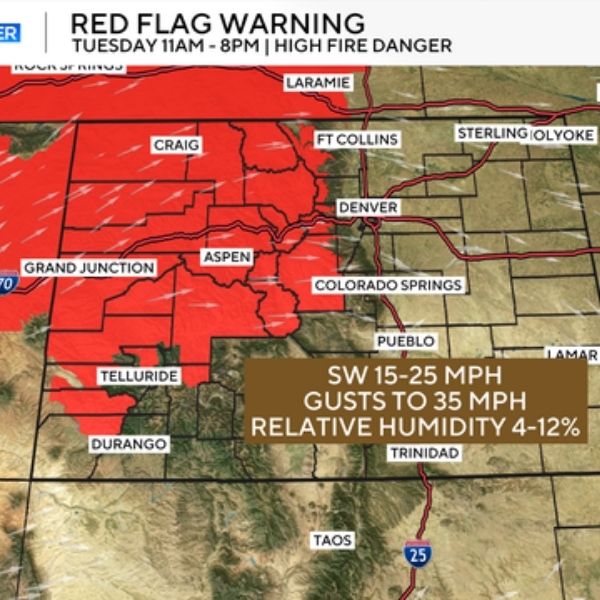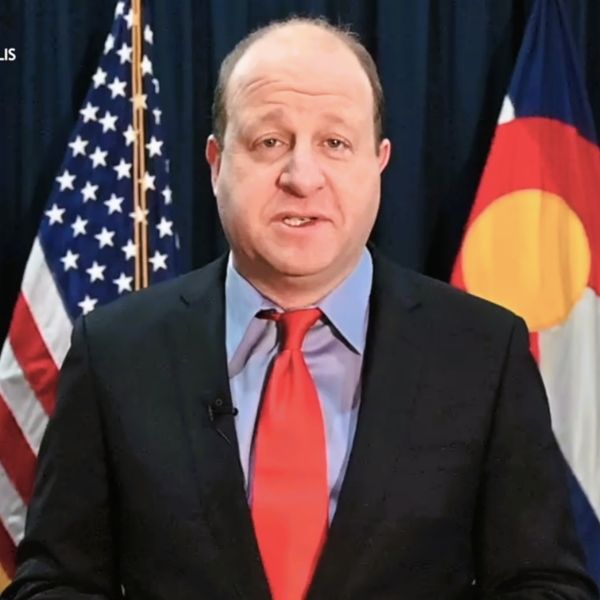A new policy from the Trump administration has thrown a wrench into Colorado’s plan to ensure continuous health coverage for babies and toddlers on public insurance until age 3.
The state intended to launch the initiative on January 1, 2026, allowing children enrolled in Medicaid or CHP+ (Colorado’s version of the Children’s Health Insurance Program) to stay covered without annual re-enrollment paperwork. But new federal guidance released earlier this month will require families to reconfirm eligibility every 12 months — or risk losing coverage for their children.
This shift could impact thousands of low-income families, disrupting care at a critical stage of child development and placing added pressure on schools, hospitals, and early education programs. A missed deadline, a skipped form, or even a small bump in income could now mean a loss of coverage.
During the pandemic, the federal government allowed continuous enrollment in programs like Medicaid and CHP+, sparing families the yearly paperwork. Afterward, Colorado aimed to extend this flexibility to young children and newly released inmates, receiving tentative approval from the Biden administration in 2024. That permission was due for renewal this December — but the Trump administration’s latest guidance signals it likely won’t happen.
The administration defends the policy change by citing “fiscal and program integrity,” aligning with a broader push to trim federal safety net programs. The latest Trump-backed budget bill slashes funding for Medicaid and SNAP, while adding red tape that critics say will strip coverage from vulnerable populations.
In response, Sen. Michael Bennet introduced a federal bill to guarantee public health coverage for children until age 6. He blasted the Trump policy as harmful, calling it a step backward for children’s health.
“Guaranteed, consistent coverage during a child’s critical stage of development is especially important now,” Bennet said, warning that the “One Big Beautiful Bill” will cut $1 trillion from Medicaid and CHIP while raising barriers to access.
Health experts and advocates are especially concerned about children missing essential checkups that identify developmental delays. Losing coverage, even briefly, could mean missing critical diagnoses and therapies, said Madi Ashour from Colorado Children’s Campaign.
She added that uninterrupted health care early in life reduces strain on educators later. “Kids who enter preschool with unaddressed developmental delays are more likely to struggle with reading, behavior, and social skills,” Ashour said — which means more costly interventions later.
A 2023 state law had laid the groundwork for Colorado’s continuous coverage plan, but that effort is now being pulled back, said Marc Williams of Colorado’s Department of Health Care Policy and Financing. The department is reviewing next steps, including the need to revise legislation and assess financial impacts.
Unless the policy is reversed or Congress intervenes, Colorado’s youngest children may face a higher risk of falling through the cracks in the health care system.
This article has been carefully fact-checked by our editorial team to ensure accuracy and eliminate any misleading information. We are committed to maintaining the highest standards of integrity in our content.

Katie is a senior who has been on staff for three years. Her favorite type of stories to write is reviews and features. Katie’s favorite ice cream flavor is strawberry.















Leave a Reply